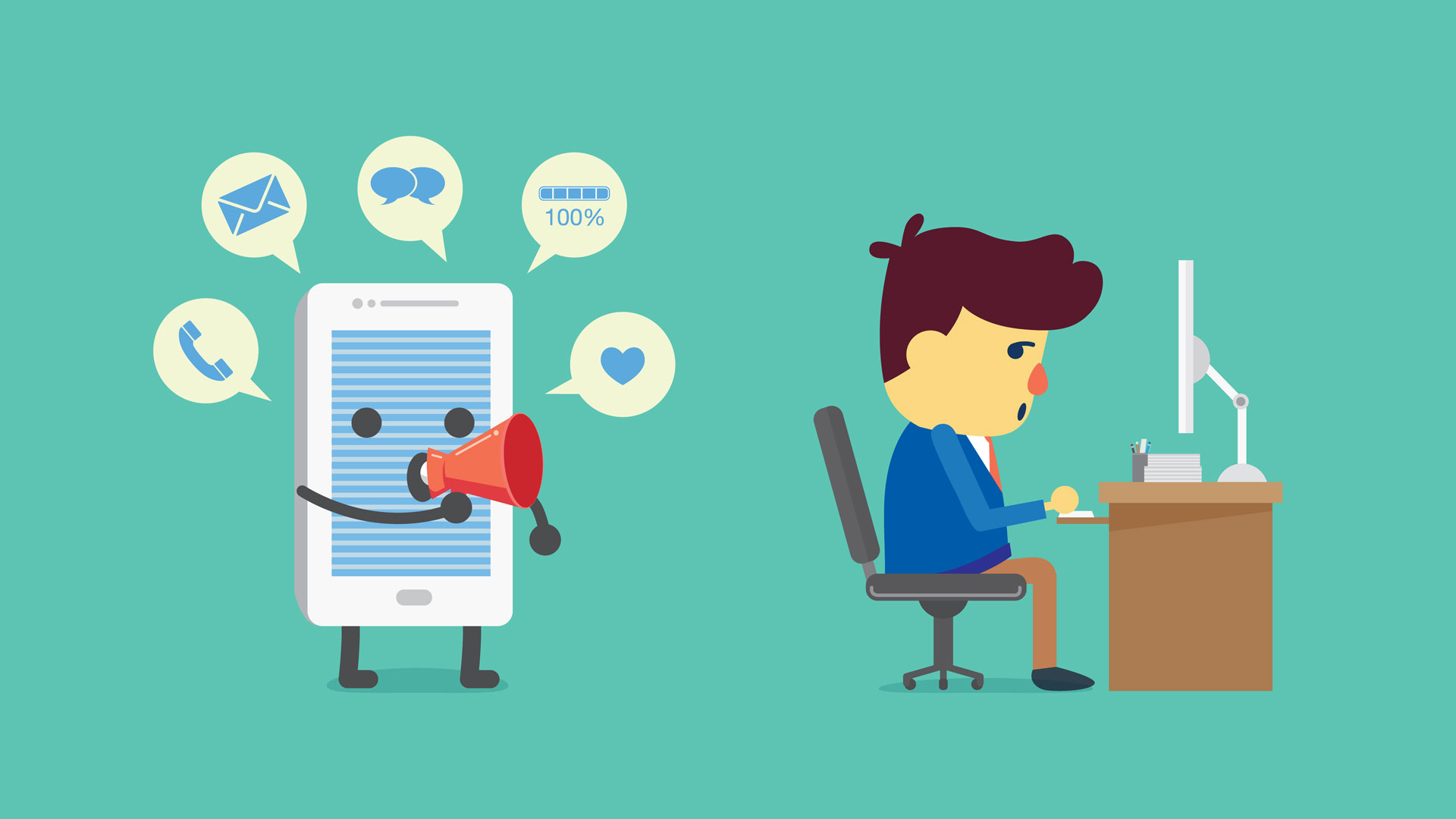I recently read an article written by Larry Rosen from Psychology Today, his team observed almost 300 school students ranging from middle school to university studying something important for 15 minutes in their standard environments.

The results from this study showed that students were only able to focus and stay on task for an average of three minutes at a time; nearly all of their distractions came from technology.
1. Organize Yourself
I set a goal for myself every day when I write – 10 pages a day – and it’s much harder because I’m too dumb to turn off my Twitter and everything so it’s always on and it’s a real distraction. It’s a major distraction.
R. L. Stine
Basically set yourself up for a distraction-free work period, turn off your cellphone, put your laptop on flight mode, and eliminate any possible device that could distract you. This includes websites!
Plan what you’re going to do, and how long it’s going to take. Without planning, we’re far more prone to being distracted. This is because we spend more time wondering what to do next, that’s where procrastination comes into it.
The more we think about what we need to do, the voice in our head saying ‘Just go and watch that movie.’ Becomes stronger.
2. Do Your Chores
Most of us had chores when we were a kid; I know I hated doing them. It may be something that has just stuck with us, but it’s important to get the little things out of the way first, whether they be the dishes, washing, whatever.
If we don’t do this, it’ll probably keep popping up in our head. As soon as you hit a point in your study or work where it gets a little more difficult, you’ll probably resort to your chores. Do them first and stay focused.
3. Study in Your Environment
Studies have shown that productivity is increased when studying or working in an empowered environment, i.e. chosen by the worker.
Think of your dream workplace, or study area – if it’s possible, make it. If you like paintings on the wall, put paintings on the wall. It’s important that you feel comfortable in the environment and that there are no major distractions.
4. Be Constantly Aware
It’s easy to fall into distraction without realizing it; I find that trying to be constantly aware of what I’m doing helps a lot. Regular breaks also help combat the subtle distractions.
One of the most common ones for me is going on Facebook to share a link to say; a blog post for example, and then staying on a bit longer scrolling down my news feed. It’s EASY to be unaware of your distractions.
Be conscious.
5. Relax
I believe that stress and distraction go hand in hand. If you’ve got a lot going on in your mind, just stop for a minute and breathe; let it all out. Spare 5 minutes of your time for a more productive day.
If you’re really stressed, then try work out where that stress is coming from. Is it lack of results? If so, are the lack of results impacted by distraction?
It helps to get down to the bottom of something.
The Final Word
Distraction is really only good for a couple of things, one being avoiding pain. There is a difference between procrastination and distraction; it’s important you know how to avoid both.
Now, close the Facebook tab, exit Twitter – and start working.
But leave a comment before anything else – that’d be cool.
Leave a Reply